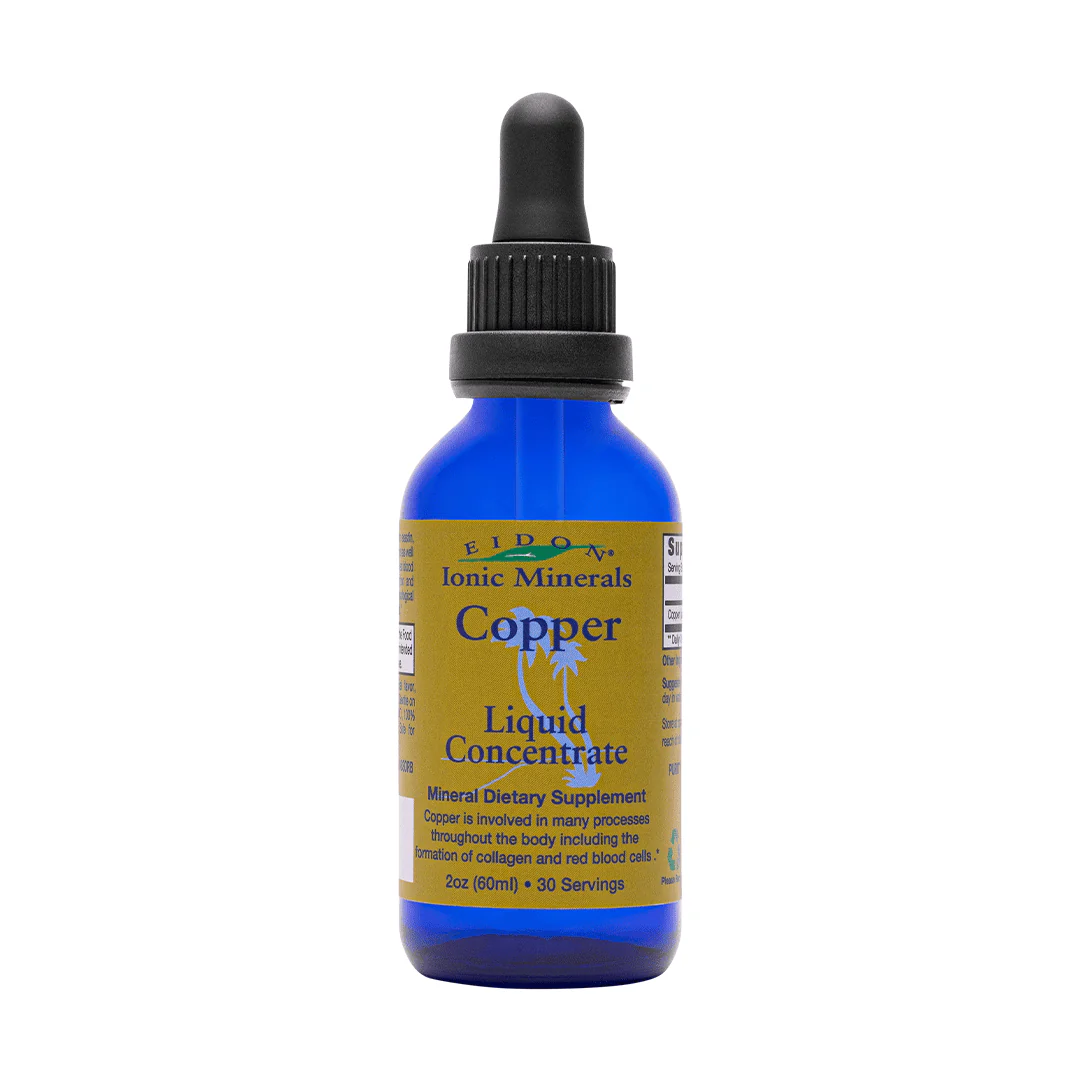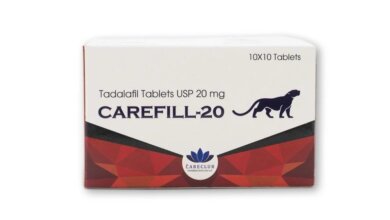Copper and Your Immune System Explained

When you think about nutrients essential for your immune system, chances are that vitamins like C or D come to mind first. But there’s another important, often overlooked mineral that plays a critical role in immune health: copper.
Although required in small amounts, copper is vital for many physiological processes, including your immune response, energy production, and brain function. This article will explore copper’s connection with the immune system, how it works, how much you need, and how to make sure you’re getting enough—without going overboard.
What Is Copper and Why Is It Important?
Copper is a trace mineral, meaning your body only needs a small amount of it—but that amount is essential. It serves as a cofactor for several enzymes involved in:
- Energy production
- Iron metabolism
- Formation of connective tissue
- Brain development
- Antioxidant defense
- Immune function
In the immune system, copper acts as a key player in supporting your body’s defense mechanisms against infections. It helps in both the innate and adaptive immune responses, ensuring that your body can detect, attack, and remember invading pathogens.
Copper and the Immune System: What’s the Link?
Copper contributes to immune health in several significant ways:
1. Supports White Blood Cell Function
Copper is essential for the development and activation of white blood cells (especially neutrophils and macrophages), which act as the body’s first line of defense. These cells engulf and destroy bacteria, viruses, and other invaders.
Without enough copper, your immune system might not respond efficiently to infections, leaving you more vulnerable to illness.
2. Promotes Inflammation Regulation
While inflammation is a natural part of the immune response, too much or chronic inflammation can lead to tissue damage. Copper helps regulate the release of cytokines—the signaling proteins that guide the immune response—to ensure inflammation stays under control.
3. Antioxidant Defense
Copper is a component of superoxide dismutase (SOD), a powerful antioxidant enzyme that protects cells from oxidative stress. During an immune response, cells generate free radicals to destroy pathogens, but these radicals can also damage healthy tissue. Copper helps neutralize these harmful effects.
4. Supports T-cell Production
T-cells are part of the adaptive immune system, and they play a critical role in recognizing and destroying infected or abnormal cells. Copper deficiency can impair T-cell function, weakening your immune response.
How Much Copper Do You Need?
Since copper is a trace mineral, you don’t need large amounts—but the right balance is crucial.
Recommended Daily Intake (RDI):
| Group | Daily Copper Requirement |
| Adults (19+) | 900 micrograms (mcg) |
| Pregnant Women | 1,000 mcg |
| Breastfeeding Women | 1,300 mcg |
| Children (varies by age) | 200–890 mcg |
Most people can meet their copper needs through a balanced diet. However, certain groups are more at risk for deficiency.
Signs of Copper Deficiency
Copper deficiency is relatively rare, but it can happen—especially in people with:
- Malabsorption conditions (e.g., celiac or Crohn’s disease)
- Bariatric surgery
- Excessive zinc supplementation (zinc competes with copper for absorption)
- Menkes disease (a rare genetic disorder)
Symptoms of Copper Deficiency:
- Increased susceptibility to infections
- Fatigue and weakness
- Anemia
- Brittle bones or osteoporosis
- Pale skin and premature graying
- Neurological symptoms (numbness, tingling, difficulty walking)
Since many of these signs are subtle or overlap with other conditions, copper deficiency is often overlooked.
Can You Get Too Much Copper?
Yes—just like a deficiency, copper toxicity can harm the immune system and other organs.
Symptoms of Copper Toxicity:
- Nausea and vomiting
- Diarrhea
- Liver damage
- Neurological issues
- Metallic taste in the mouth
The Tolerable Upper Intake Level (UL) for adults is 10,000 mcg (10 mg) per day. This is difficult to exceed through food alone but could happen with high-dose supplements or contaminated water.
Best Dietary Sources of Copper
Copper is found in a variety of foods, many of which may already be in your daily diet.
Top Food Sources:
- Organ meats (especially liver)
- Shellfish (especially oysters and crab)
- Nuts and seeds (cashews, sunflower seeds, sesame)
- Whole grains (quinoa, oats, barley)
- Dark chocolate
- Legumes (lentils, chickpeas, kidney beans)
- Leafy greens (spinach, kale)
- Mushrooms
Cooking with copper pots and pans can also add trace amounts of copper to your food—but modern cookware is usually lined to prevent excess leaching.
Should You Take a Copper Supplement?
In most cases, a copper supplement is not necessary unless recommended by a healthcare provider. Since copper is widely available in food and only needed in small amounts, supplementation should be approached with caution.
However, your doctor might recommend a copper supplement if you:
- Have a medically diagnosed deficiency
- Are taking high doses of zinc (which can block copper absorption)
- Have had surgery that affects nutrient absorption (e.g., gastric bypass)
If taking a multivitamin, check the label—many already contain some copper. Avoid taking additional supplements unless your healthcare provider advises it.
Copper in Multivitamins and Immune Support Formulas
Copper is often included in multivitamins and immune-boosting formulas alongside zinc, vitamin C, and selenium. While these combinations can be beneficial, be mindful of the zinc-to-copper ratio. High zinc intake can lower copper levels over time.
A healthy balance is typically around 10:1 zinc to copper.
Copper and COVID-19: What We Know
During the COVID-19 pandemic, interest in nutrients that support immunity skyrocketed. Some studies explored the antiviral properties of copper surfaces and its role in immune function.
While copper surfaces have shown strong virus-killing activity, there is no evidence that taking copper supplements can prevent or treat COVID-19. Still, maintaining adequate copper levels contributes to a strong immune defense, which is always beneficial—especially during flu season or a pandemic.
Conclusion: Don’t Overlook This Immune-Boosting Mineral
Copper may not get the spotlight like other nutrients, but it plays a vital role in keeping your immune system functioning at its best. From supporting white blood cells to regulating inflammation and defending against oxidative stress, this trace mineral is indispensable.
The good news? Most people can meet their copper needs through a varied, nutrient-rich diet. But if you’re in a high-risk group or taking zinc supplements, it might be worth checking in with your healthcare provider to ensure your copper levels are in balance.
As with all nutrients, moderation and balance are key—too little can weaken your immune system, but too much can cause harm. Listen to your body, eat a variety of whole foods, and seek personalized advice when needed.




